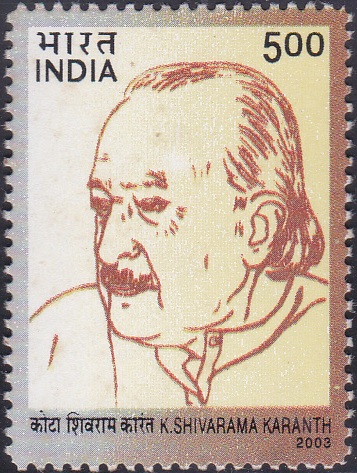
K. Shivarama Karanth
A commemorative postage stamp on the Birth Centenary of Dr. Kota Shivaram Karantha, 3rd Kannada writer been decorated with the Jnanpith Award :

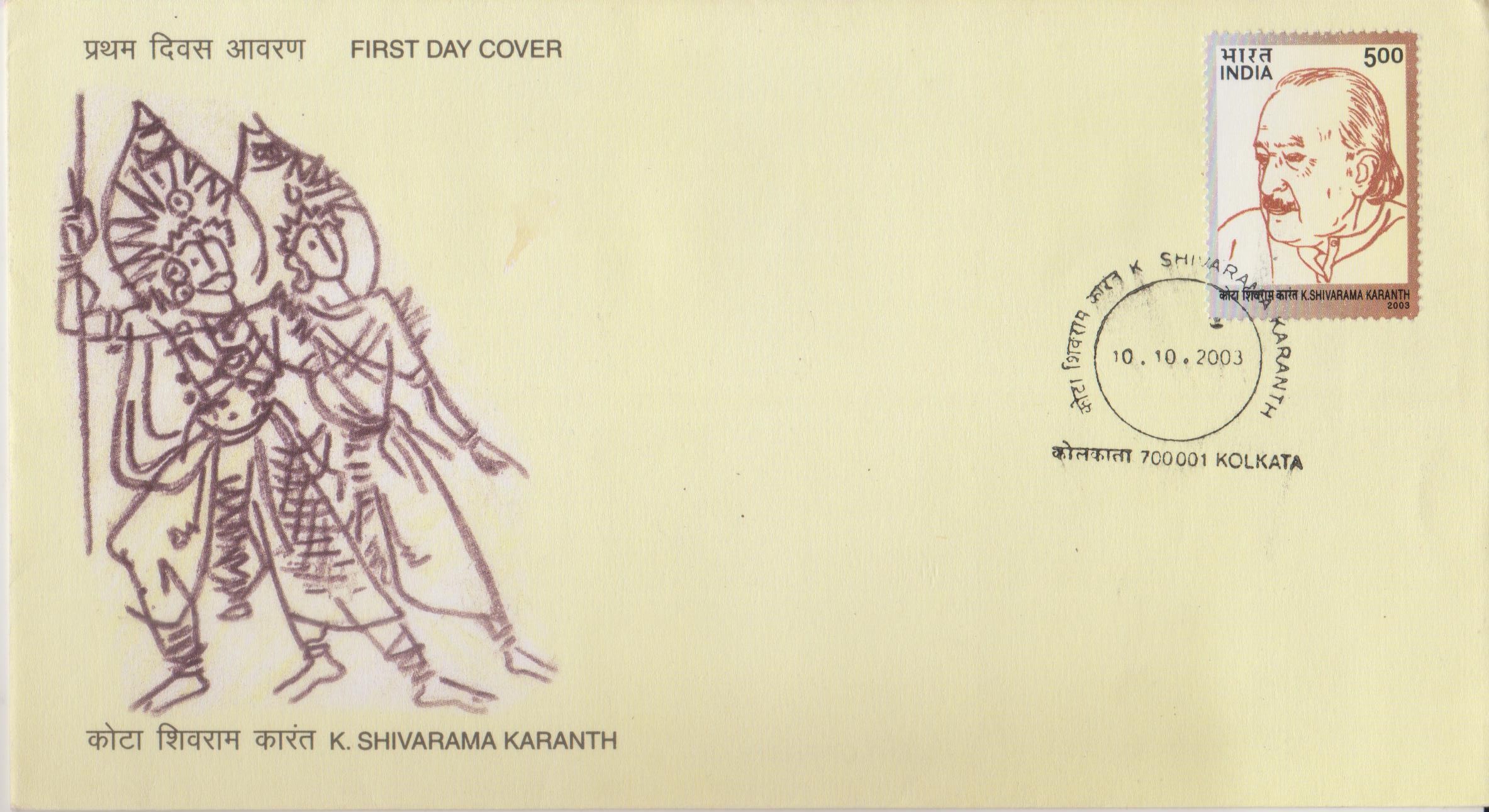 Issued by India
Issued by India
Issued on Oct 10, 2003
Issued for : A man who gave more to society than he demanded from it, a man with a social conscience, an observant eye, a critical mind and a sensitive spirit – Dr. K. Shivarama Karanth – whom the Department of Posts is honoured to commemorate.
Credits :
Stamp, FDC & Cancellation : Alka Sharma
Type : Stamp, Mint Condition
Colour : Three colour
Denomination : 500 Paise
Overall size : 2.90 x 3.91 cms.
Printing size : 2.55 x 3.56 cms.
Perforation : 13 x 13
Paper : Imported un w/m Adhesive Gravure Coated stamp paper in Sheets 50.8 x 53.5 Cms.
Stamps Printed : 0.4 million
Number per issue sheet : 35
Printing Process : Photogravure
Printer : India Security Press, Nashik
Name : Kota Shivaram Karanth
Born on Oct 10, 1902 at Kota, Udupi, Kingdom of Mysore, British India
Died on Dec 9, 1997 at Manipal, Udupi district, Karnataka, India
About :
- A man who graced the honours he received, whose mind defied boundaries, Dr. Kota Shivarama Karanth was an educationist, freedom fighter, social worker and reformer, artist, author, playwright, painter, musician, poet, environmentalist and a patron of the arts.
- Born in 1902 in the little village of Kota, Karnataka, young Karanth, influenced by Mahatma Gandhi and the Arya Samaj, left college in 1922 to dedicate his life to the freedom struggle and then to society.
- His experiment with education resulted in “Balavana” a nature school with a zoo at Puttur and a method of learning called “Oduva Aata” (Game of Reading). His prolific literary output, translated into Indian and European languages, included novels, plays, encyclopaedias, travelogues, art critiques and autobiographies. Two of his novels became subjects of movies, the film “Chomana Dudi” winning a national award. Supporting environmental movements, he educated the masses about environmental degradation.
- His contribution to reviving Karnataka‘s vibrant folk art, Yakshagana, received national and international recognition. The Sangeet Natak Akademi and the Sahitya Akademi conferred Fellowships on him and he received the Jnanpith Award (1978) for his novel “Mookajjiya Kanasugalu“. In 1975, he returned the Padma Bhushan conferred on him by the Government of India in protest against the imposition of emergency in the country.
- Text : Based on material given by the sponsor.


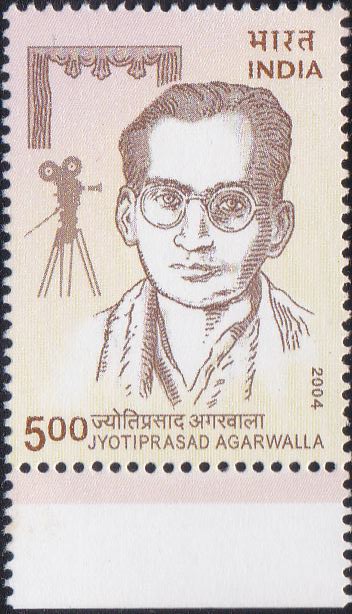
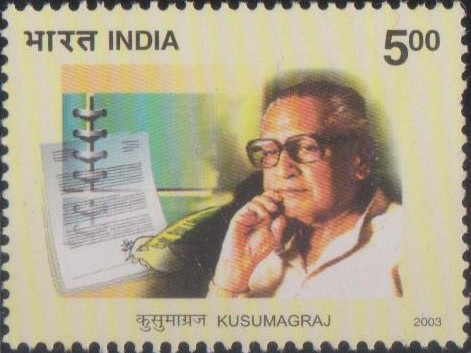
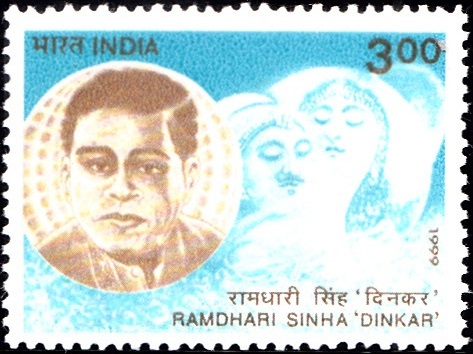
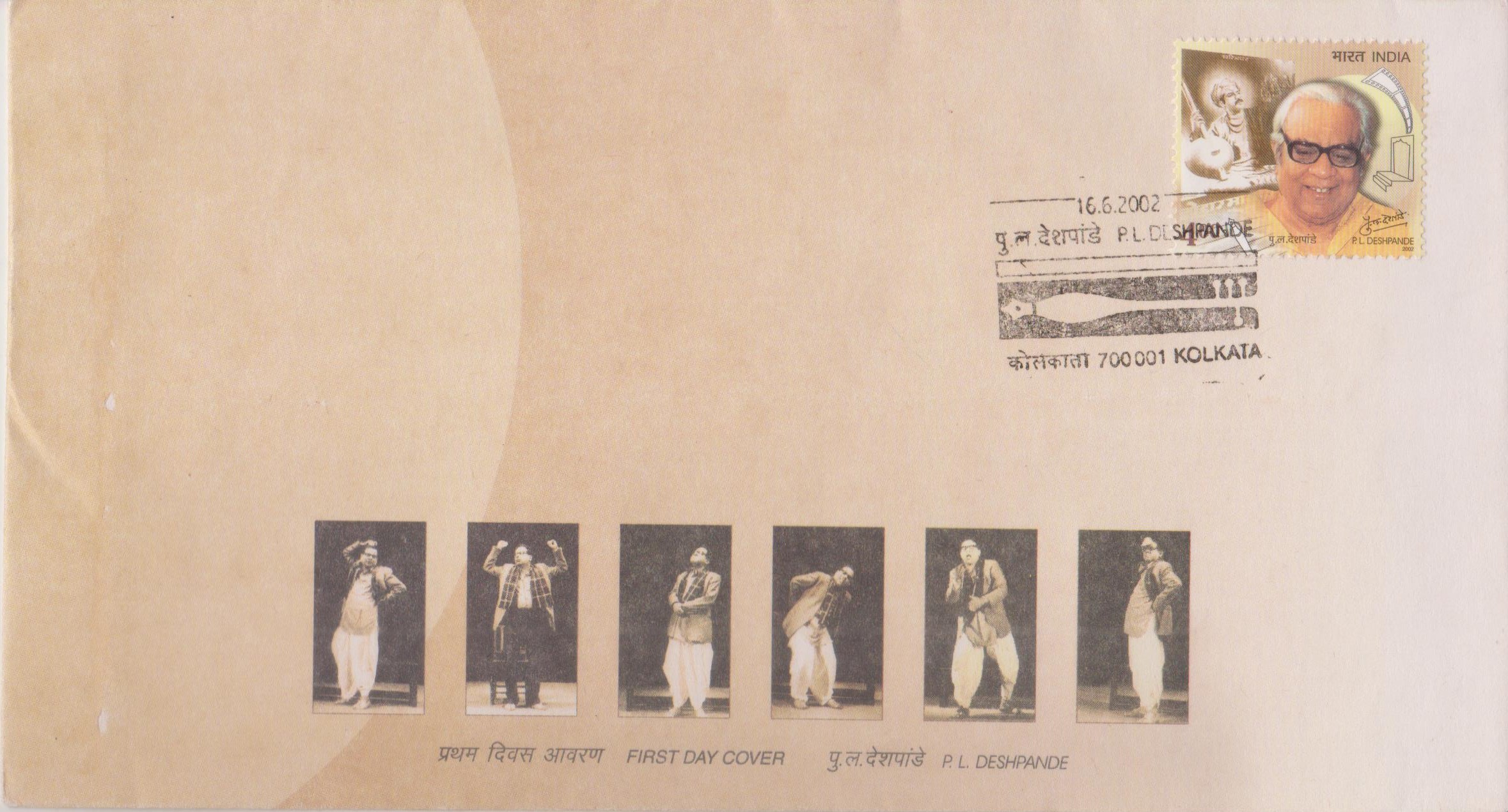
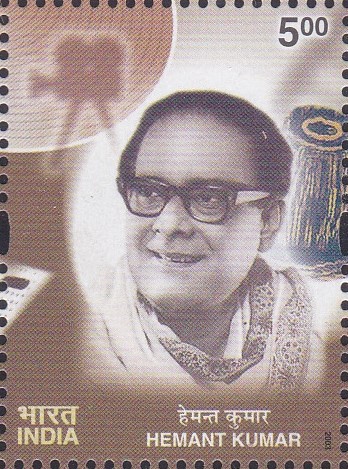
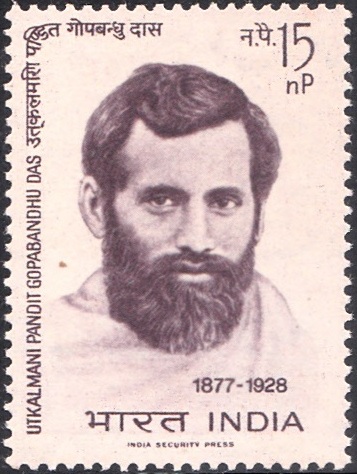
How can I get this?